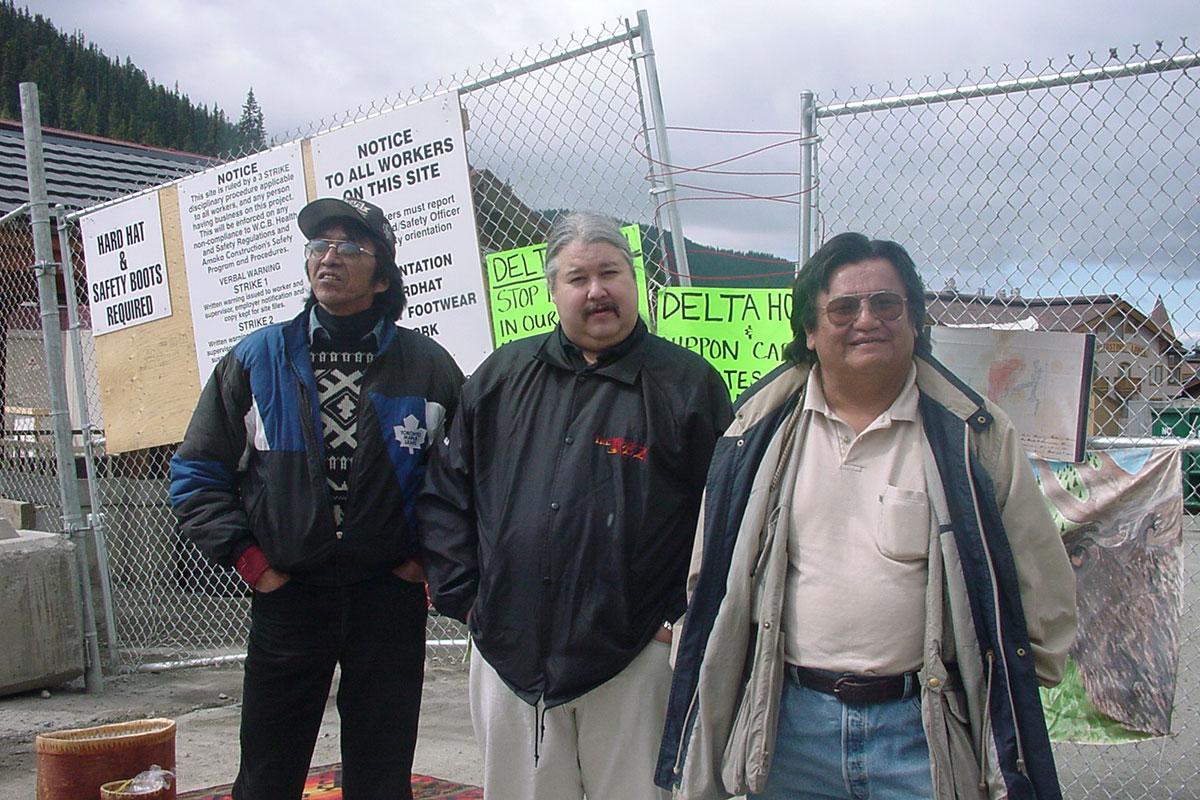On September 1, 2022, Michelle O’Bonsawin became the first Indigenous person to serve as a Judge on the Supreme Court of Canada. Justice O’Bonsawin is Abenaki and a member of Odanak First Nation. North Star spoke with Russ Diabo, Mohawk Policy Analyst, about the possibilities and limitations of O’Bonsawin’s appointment.
“I don't see Justice O’Bonsawin’s appointment as an historic event like others are claiming. It doesn’t change the fact that Canada is a colonial state and is still colonizing Indigenous peoples today through policy, legislation, negotiations and agreements.”
According to the National Aboriginal Economic Development Board, First Nations are restrained in using their land and their money by the Indian Act and other government rules and regulations. In addition, many First Nations are in ongoing legal battles to retain or regain access to their land.
When Indigenous nations and communities go to court to prove their rights to the land or to fight for treaty rights, “it costs tens of millions of dollars to meet the legal tests and to collect cultural and historical evidence. The court has put a very onerous burden on Indigenous peoples to prove their rights.”
“The government knows this and industry knows this,” Diabo said. “Indigenous nations don’t have the ability to veto or challenge the Crown’s authority. So the weak requirement of consultation pretty much guarantees minimal impacts to the resource extraction industries in Canada.”
“I see O’Bonsawin’s appointment the same way I see the Inuk Governor General, Mary Simon. People can refer to an Indigenous Governor General and say they’re trying to be progressive. It’s good symbolism.”
“But as individuals, how much influence will they have on the system and the structure? Because ultimately we are talking about a structure based on two founding nations, the French and English. The powers were divided between the federal and provincial governments back in 1867 when First Nations, Inuit, and Métis were excluded.”
“Justice O’Bonsawin said she is going to be a Judge first and Indigenous second. So that kind of tells you she knows what she is getting into for the job. At least there will be another set of eyes that have perspective and lived experience that the other Justices will not have. Now, how she will rule on a particular issue in a particular case, we will have to wait and see.”


